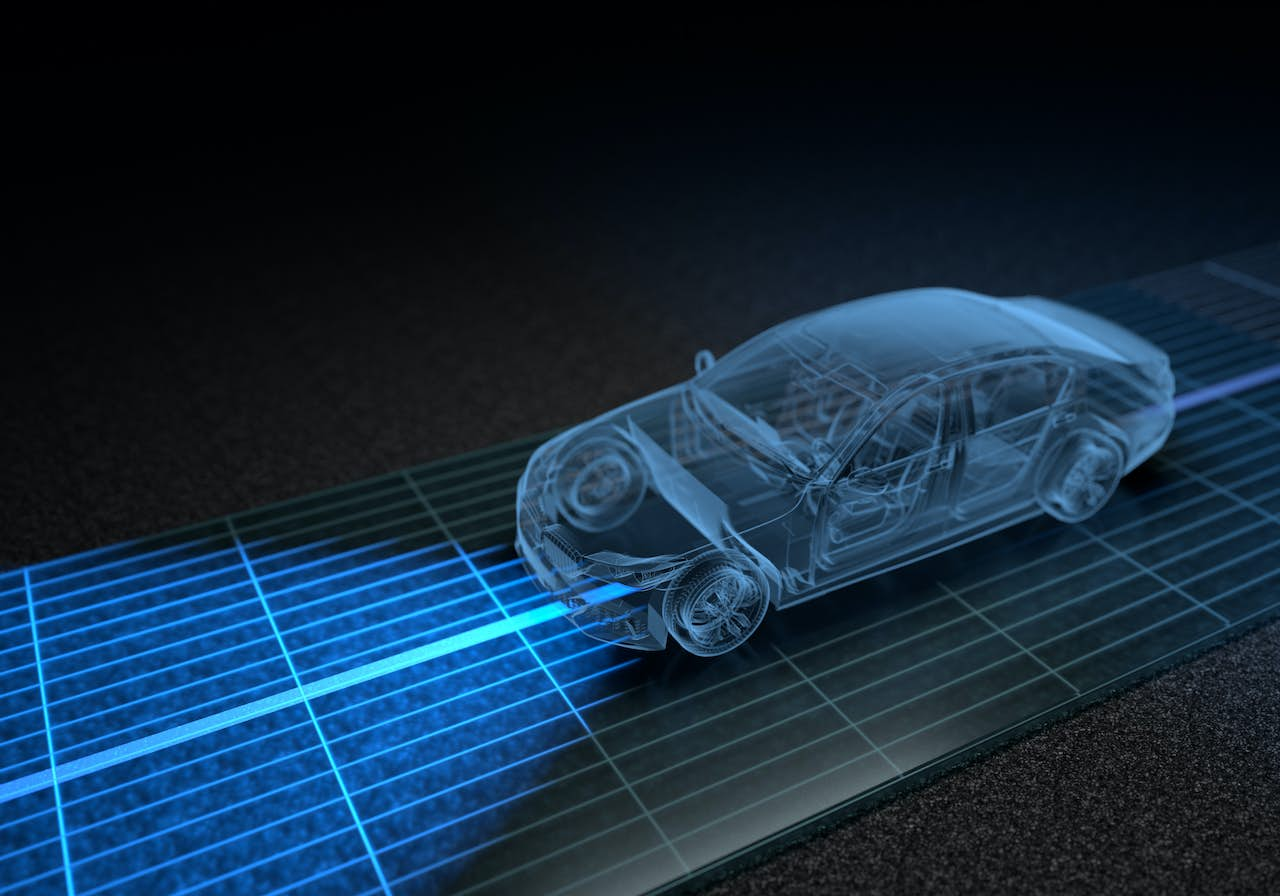Spartan: Better Autonomous Solutions on the RADAR
Unlocking value from low-cost and widely deployed radar systems

Radar technology was invented in the 1930s to detect, locate, track, and recognize various objects via electromagnetic waves. Since then, radar has long been at the forefront of many historical milestones, such as detecting and tracking aircraft and ships during WWII and measuring weather conditions such as wind speeds and ice conditions.
However, radar systems have struggled to meet the technological needs of today due to low resolution and issues with false detection. While companies have turned to lidar (light detection and ranging) in recent years for higher-quality imaging, these systems operate poorly in inclement weather and are more expensive than radar alternatives.
Alumni Ventures portfolio company Spartan is helping refine and adapt radar technology to today’s high-tech world through a solution that enables the full potential of radar performance. The company’s innovative software and signal processing make radar more valuable and adaptable to a wider range of today’s demanding applications.
“We are proud to partner with Nathan and his team and recognize the potential of a biomimetic radar to positively impact billions of lives with increased accuracy, functionality, and reduced auto accidents.”
— Suzanne Fletcher, General Partner of Spartan lead investor Prime Movers Lab
New and Improved Solutions
By leveraging their deep experience with military radar, Spartan’s team is creating cutting-edge improvements to the radar in civilian autonomous vehicle applications. Their design approach makes the company a leading expert in this area, with no competitors currently focused on this high-resolution and unique approach.
Current radar systems in the market do not deliver the desired level of accuracy to enable reliable functionality, such as full auto-drive capability. However, Spartan is changing that with its “biomimetic radar” solution with vastly better image resolution than current imaging radar market players. Biomimetic radar integrates advanced sensory algorithms, machine learning, and edge processing to emulate biological perception models — focusing only on what’s essential for safe navigation. This design dramatically enhances real-time data processing and takes full advantage of proven sensor technology pioneered for defense and aerospace applications.
Strong Team and Large Market
Spartan’s team has significant experience in radar and sensors technology, as well as over 60 patents and two PhDs in the C-suite. The company’s Founder and CEO, Nathan Mintz, previously founded Epirus, a software-defined, electromagnetic pulse technology engineered to take down unmanned aircraft systems (drones). Epirus is already selling into the military and has projected hundreds of millions in bookings over the next 24 months.
In addition to addressing the $27 billion global automotive advanced driver-assistance systems sensors market, Spartan is also building radars for mining and trucking, providing another significant market opportunity.
Seasoned Lead Investor and How We Are Involved
Spartan recently raised a $10 million Seed round led by Prime Movers Lab. Spike Ventures (for the Stanford community) and sibling funds Bascom Ventures (for the UWisconsin community), Ring Ventures (for the Texas A&M community), and Waterman Ventures (for the Brown community) also participated in the round.
Want to learn more?
View all our available funds and secure data rooms, or schedule an intro call.
New to AV?
Sign up and access exclusive venture content.
Contact [email protected] for additional information. To see additional risk factors and investment considerations, visit av-funds.com/disclosures.